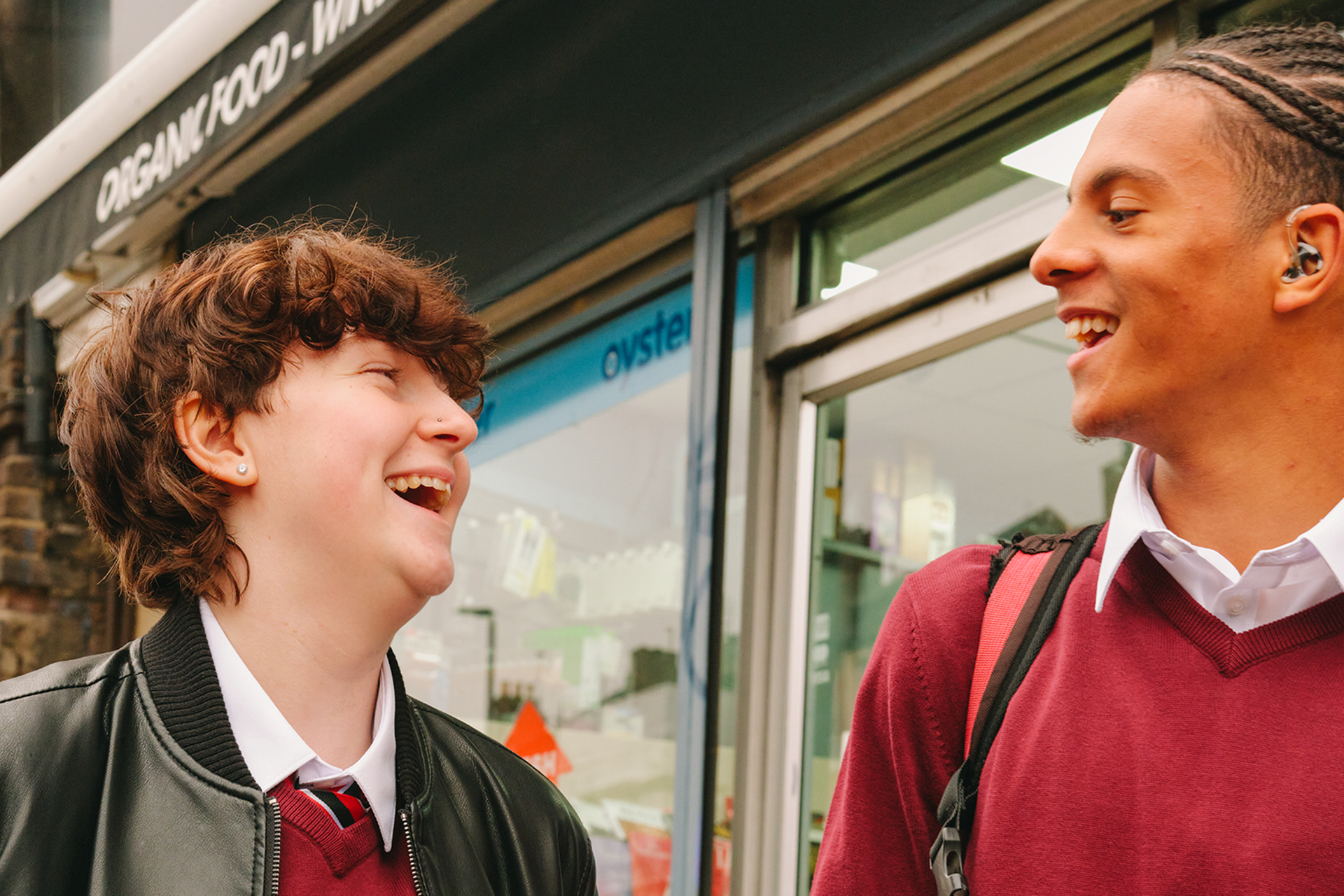
- For:
- Schools,
- Community support,
- Youth workers
Working with young people in the community can be a rewarding but challenging responsibility to take on.
We know that having trusted relationships with adults beyond school and family plays a positive and crucial role in the lives of young people, but you may feel under-equipped to address the mental health needs of the young people you work with.
In this guide, you will find practical information, resources and tips that give you the tools and confidence you need to support a young person with their mental health.
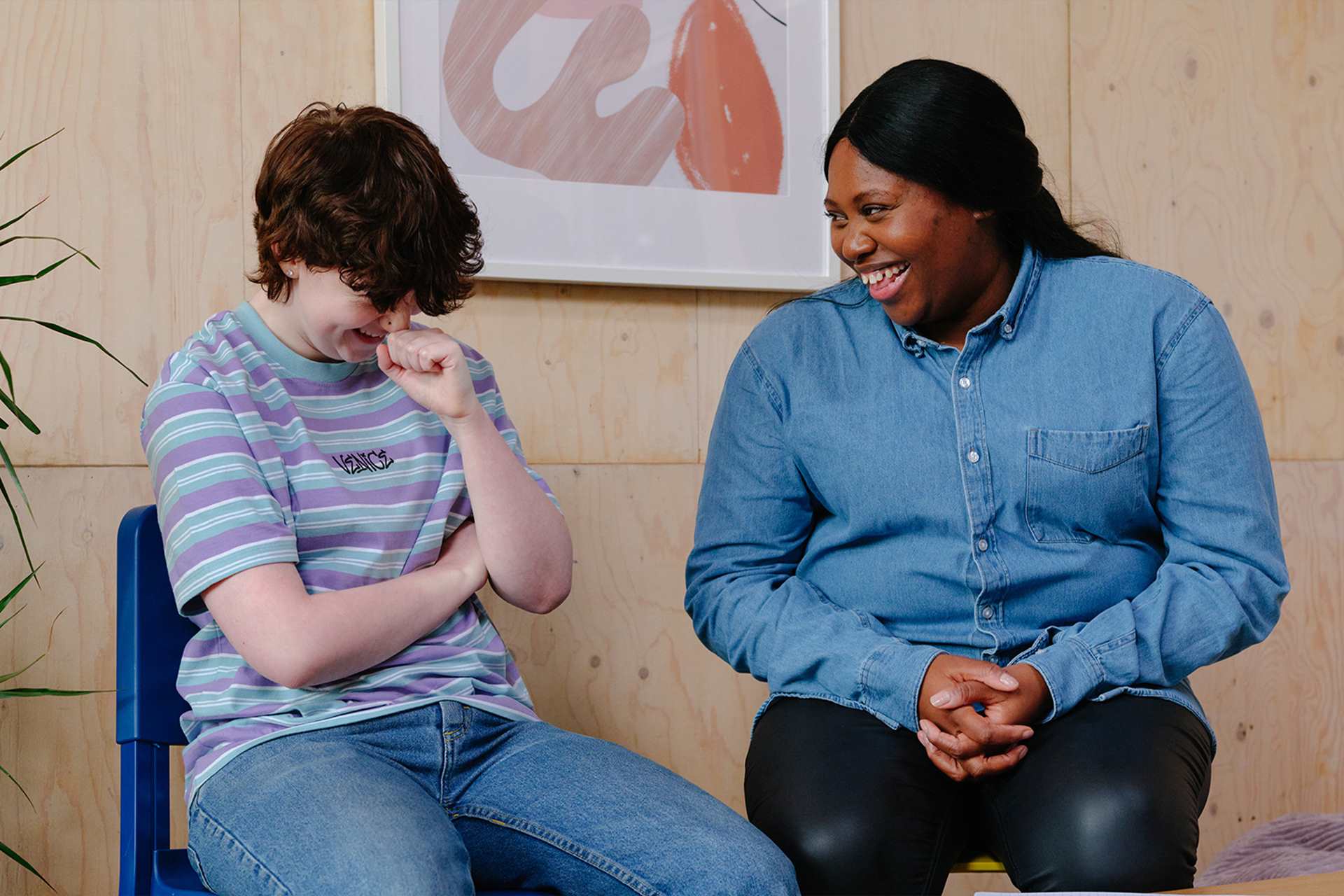
We have toolkits, webinars, tips, advice, activity sheets and much more that you can use to help you support the young people you are working with. Take a look at our wide range of resources to find out more.

Hear from professionals and volunteers working across the mental health sector who have shared their real stories and experiences of supporting young people, including practical tips and advice.
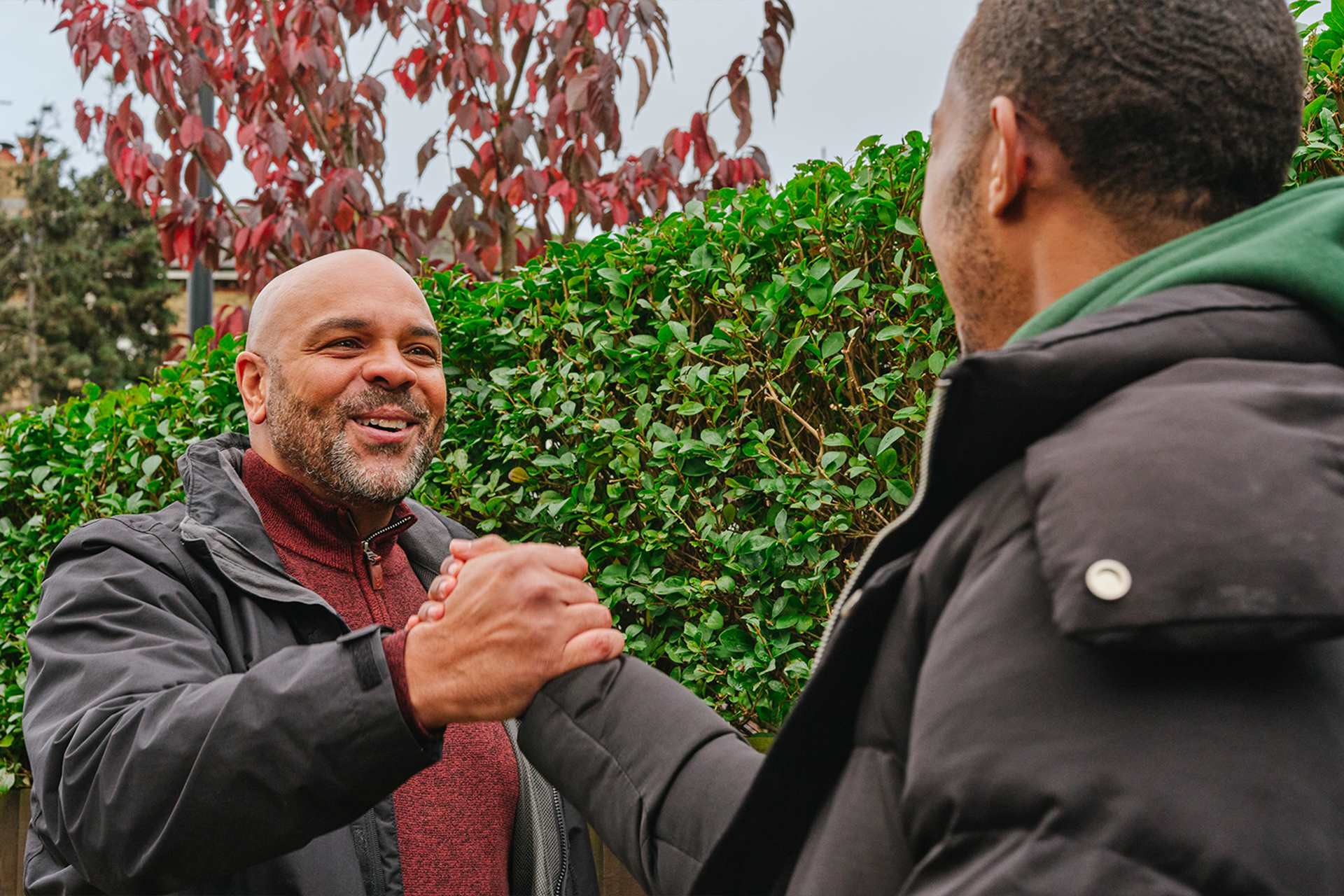
Keep yourself up to date with the latest resources and advice to be able to best support the mental health of the young people you work with. Learn more about how other adults support the young people they work with by signing up to our monthly e-newsletter.
Our quick guides to mental health conditions provide information and advice to help you understand the impact of these conditions on young people, as well as guidance on how you can support and signpost the young people you work with.
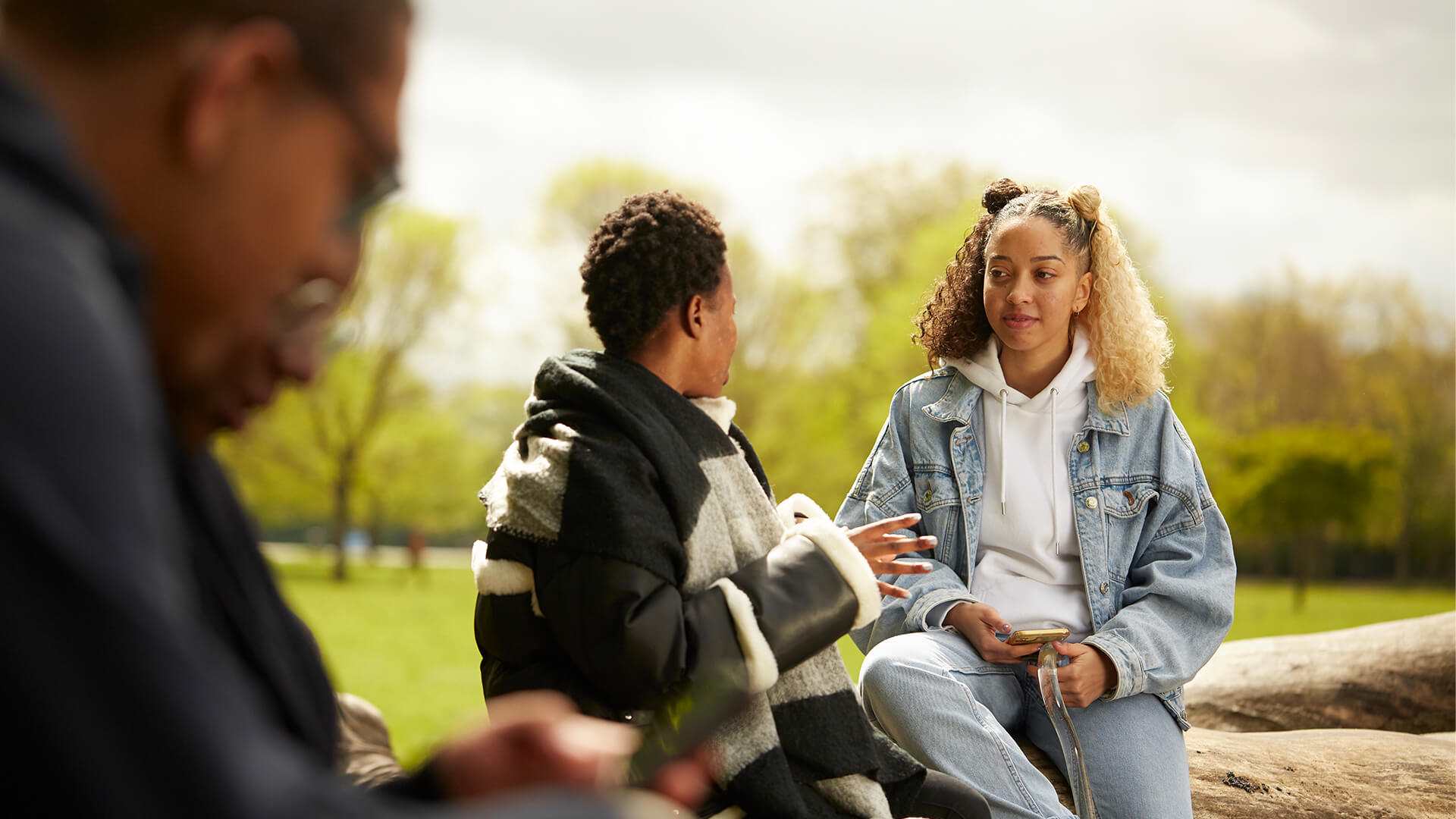
We're helping to create a safe space for young Black people to find support, care and joy by teaming up with The Ubele Initiative, Mind and Best Beginnings to create Bayo. The word bayo comes from Yoruba and means “joy has found us”. We chose this as the name for this platform as we want it to be somewhere for Black young people to draw strength as well as get support.
Bayo provides access to a list of organisations that specifically support young Black people, including places that offer mental health support in their local community.
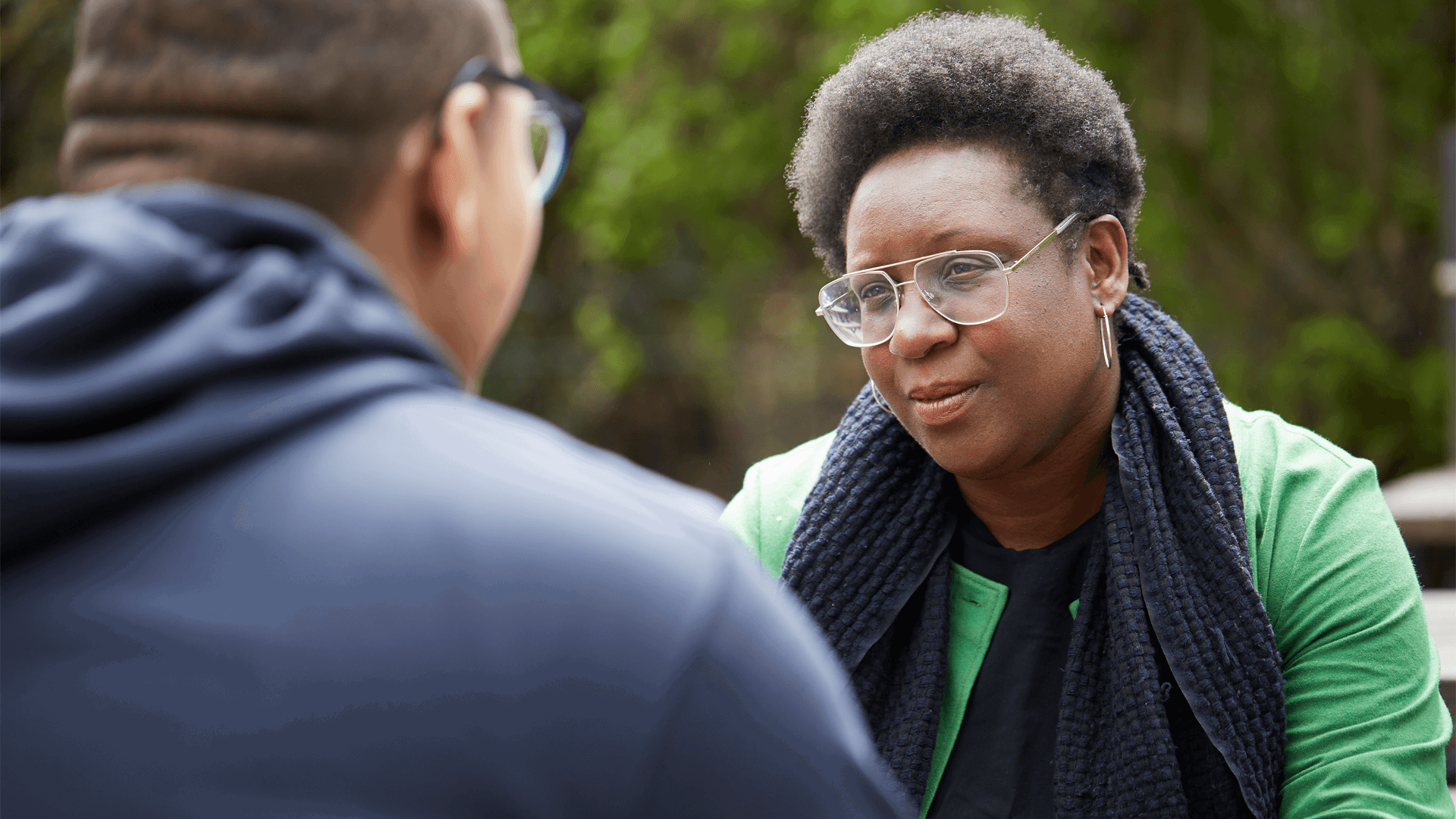
We conducted collaborative research with adults that young people turn to for support. This research found a number of positive outcomes in relation to the impact their role can have in supporting young people in their community, including:
Take a deep dive into our report to discover the full extent of the impact your support can have on young people’s mental health.
As an adult working in the community, a young person could choose to open up to you about their mental health at any time. Our resources can help you prepare for these conversations and develop your skills in building supportive relationships with young people in which they feel comfortable and empowered to talk about the challenges they’re facing.
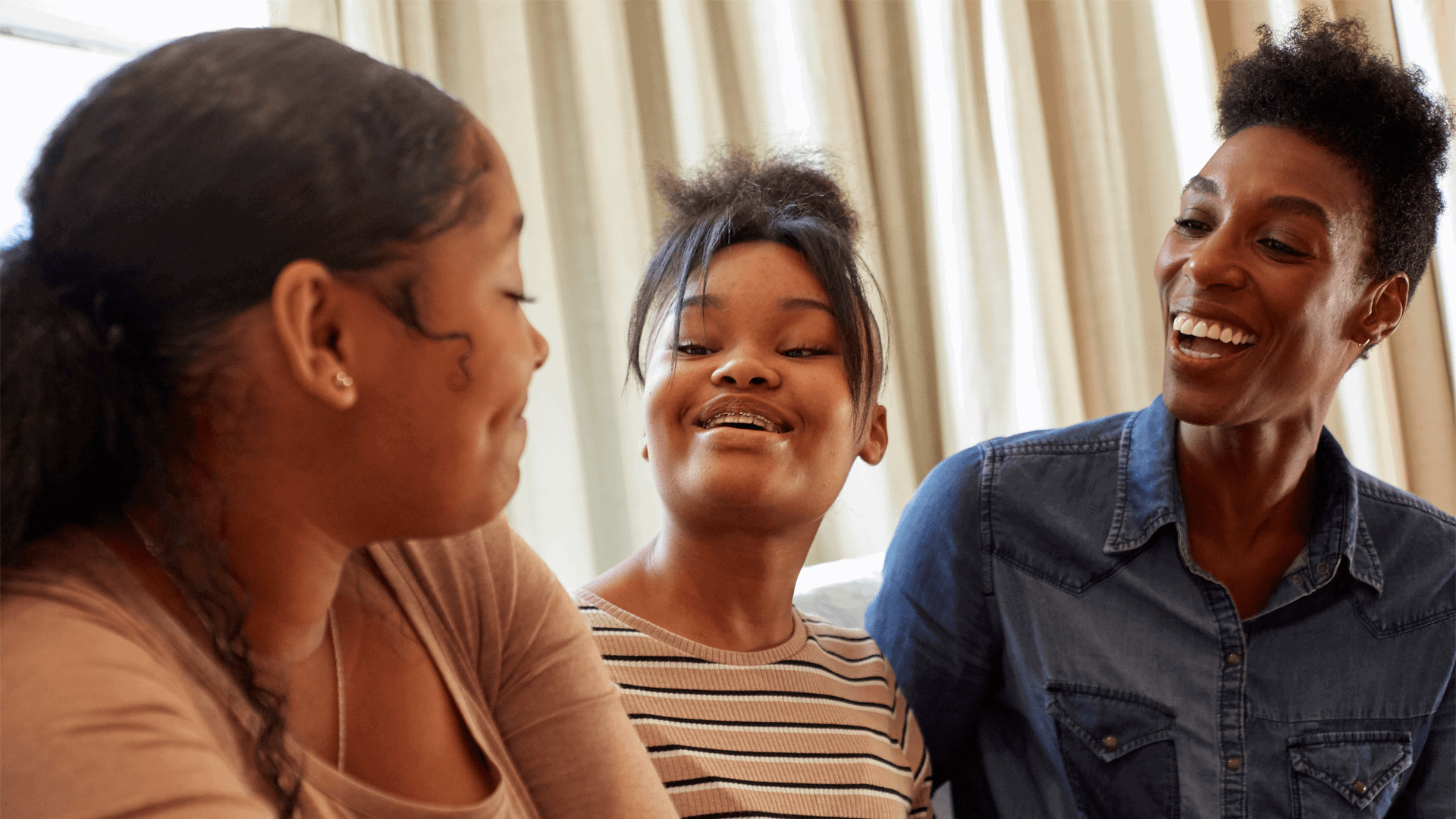
Being able to have conversations with young people about their mental health is crucial, especially when you can see they are struggling. By communicating openly and creating a safe space, young people will know they can talk to you when they feel ready. We worked with adults supporting young people's mental health to consider when might be a good time to check in with a young person and how to have supportive conversations when they do.
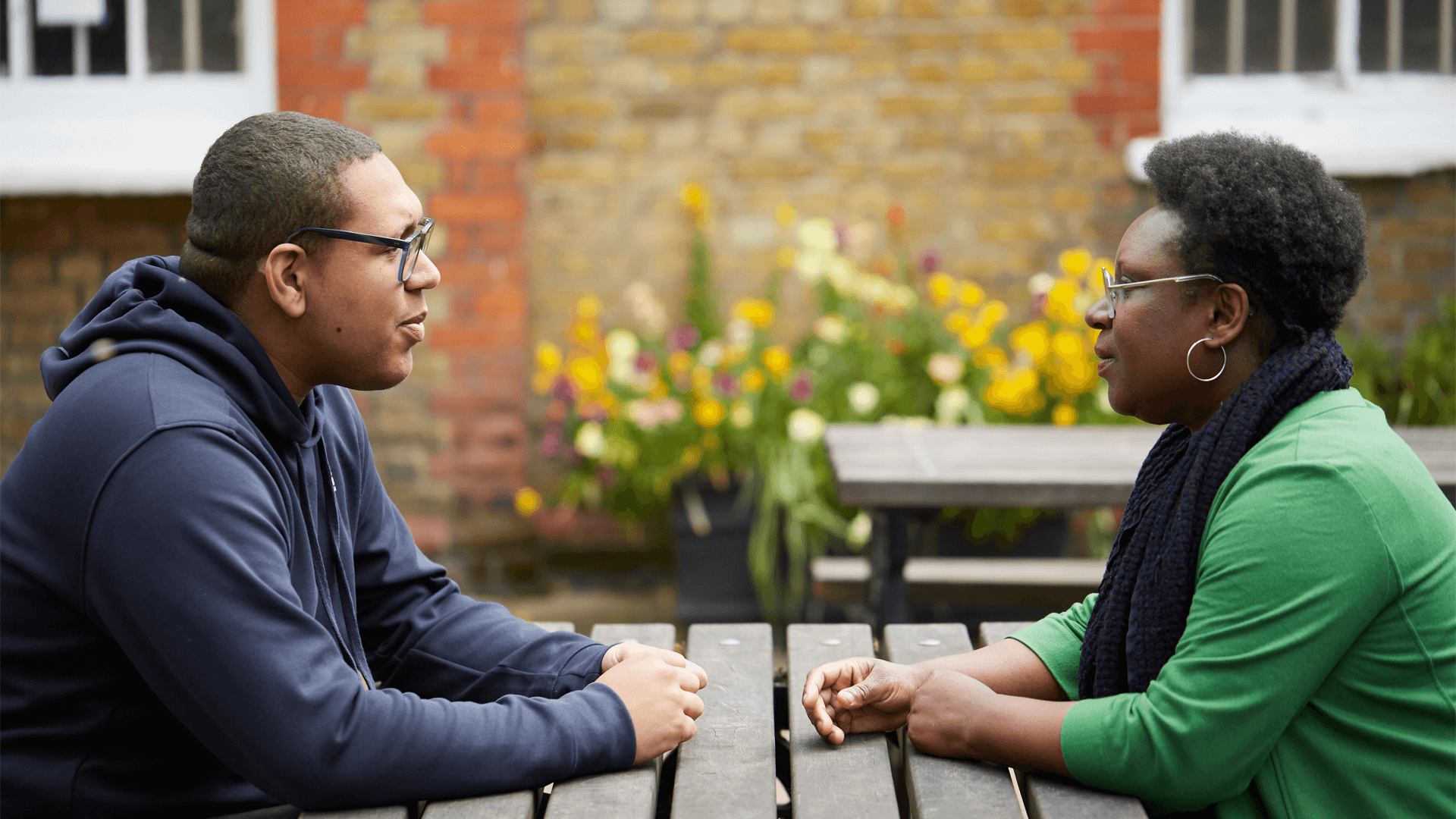
Positive relationships between young people and the adults they trust are the foundation for helping young people open up and speak about their mental health. As a trusted adult, you may be one of the only people a young person feels comfortable sharing their feelings with. We worked with adults supporting young people to come up with tips to help build positive relationships to talk about mental health.
Our research tells us that this is an adult that a young person feels they can open up to about their worries and concerns, who they know they can safely turn to for support and guidance, without fear of judgement, agenda or expectation. At YoungMinds, we want to support those adults with regards to the mental health support they provide to young people.
We mean people other than parents or teachers/statutory professionals who work with young people. This could include youth workers, sports coaches, club leaders, or anyone working with young people in an informal capacity in the community.
It’s important to remember that a young person may struggle to express how they are feeling or to talk to someone about their mental health for the first time. If they are coming to you as as someone they trust, try to:
It’s a real privilege to be viewed as somebody trustworthy and reliable by a young person, but it can sometimes feel daunting to start and navigate these conversations. Feel more confident and prepared by exploring our resources on building supportive relationships with young people and having conversations with young people about mental health.